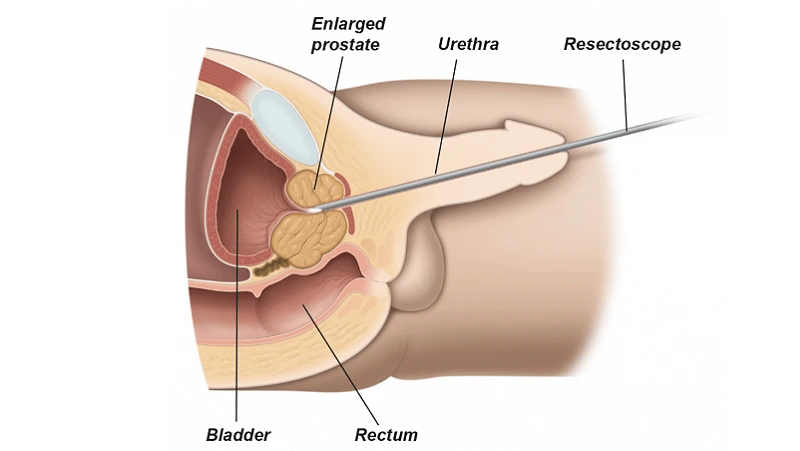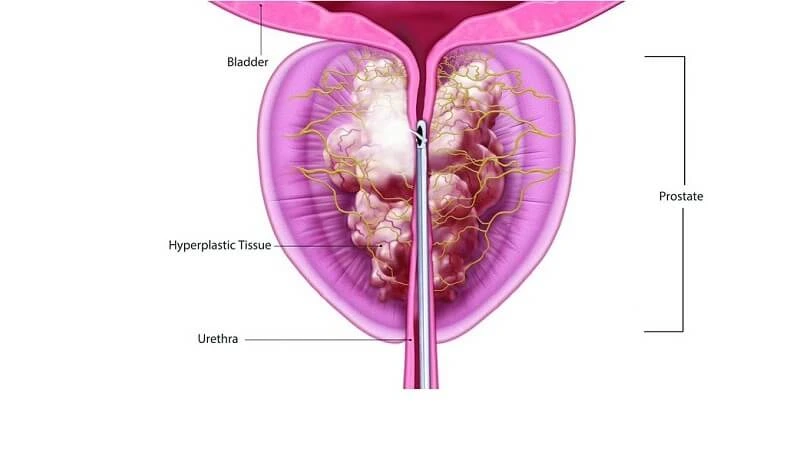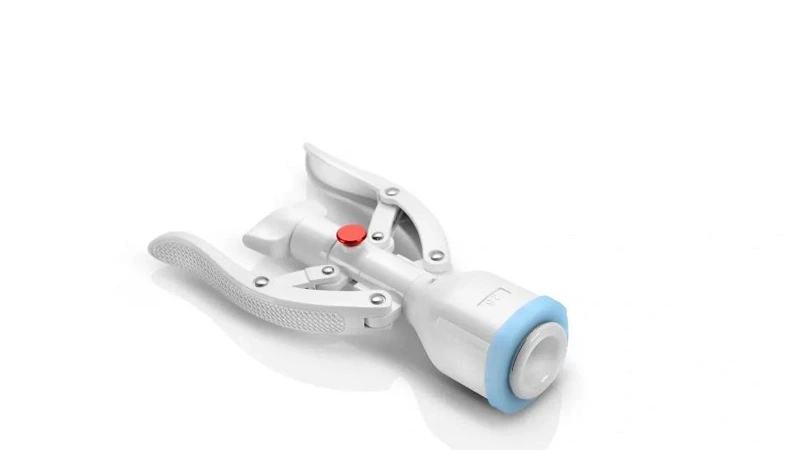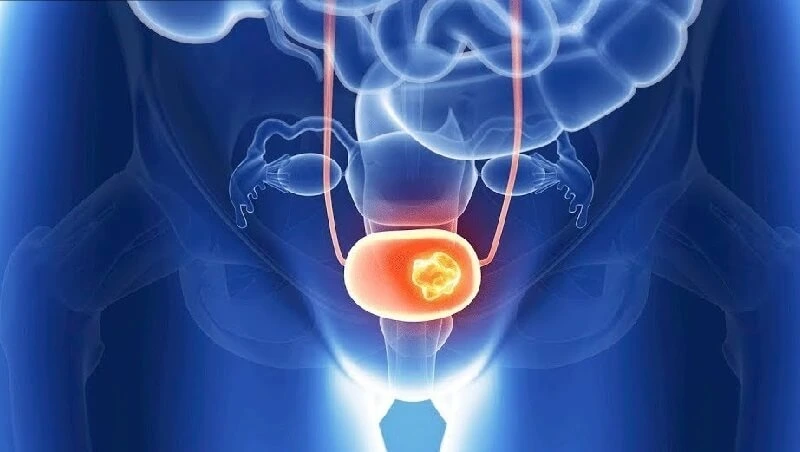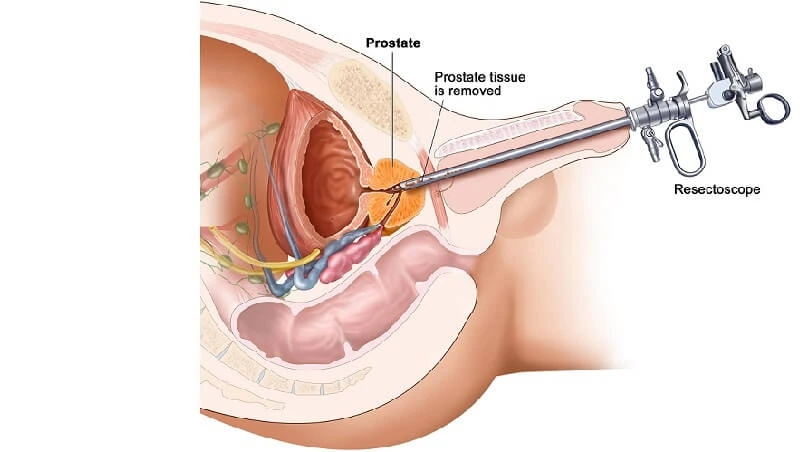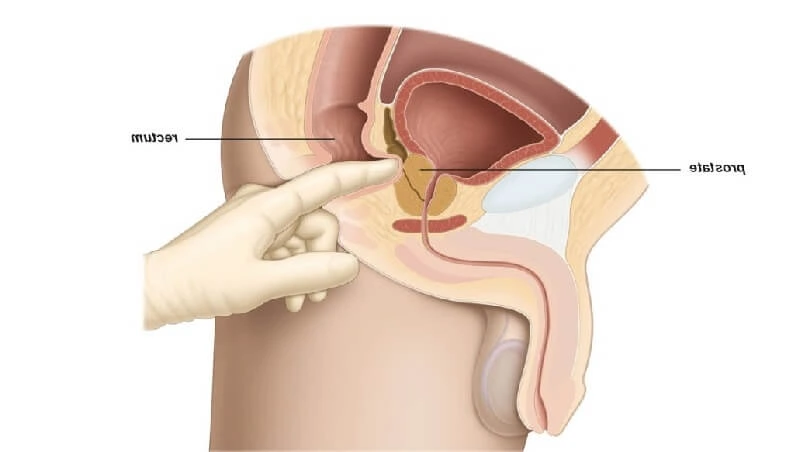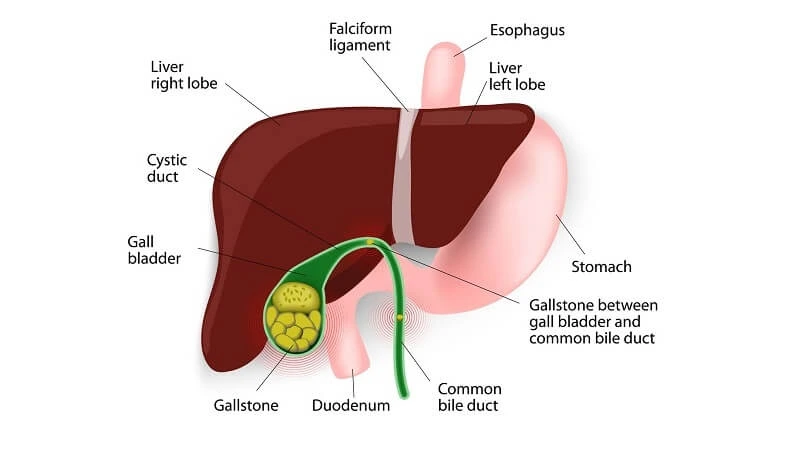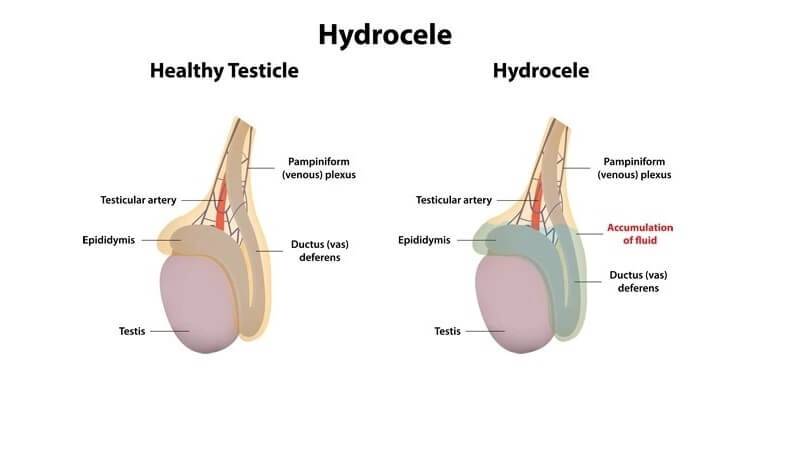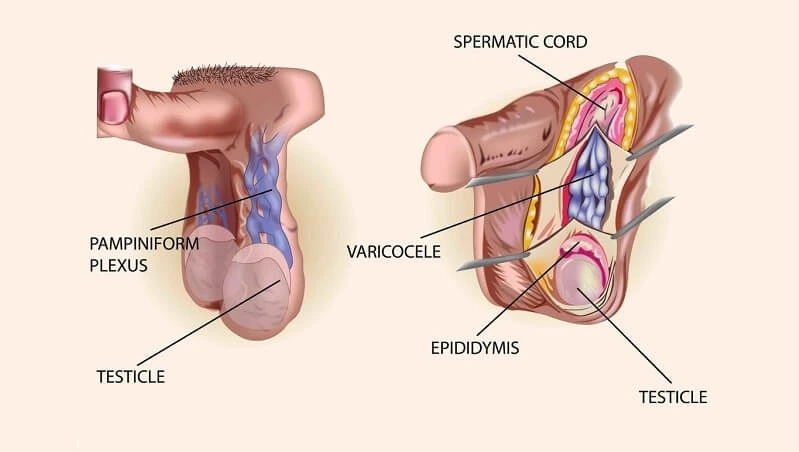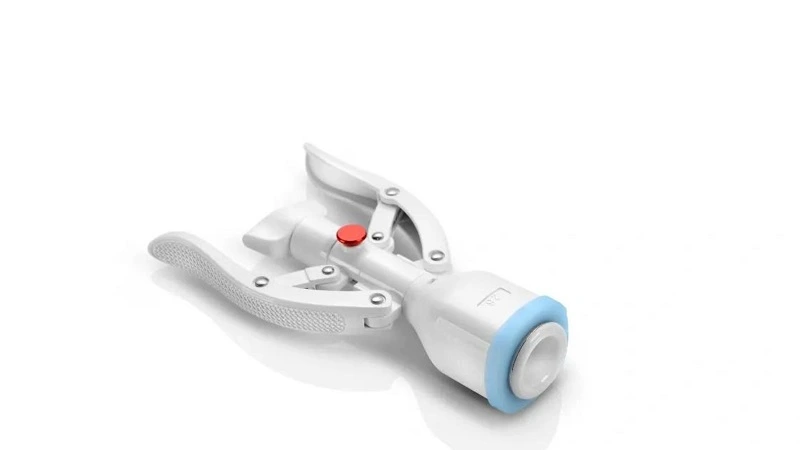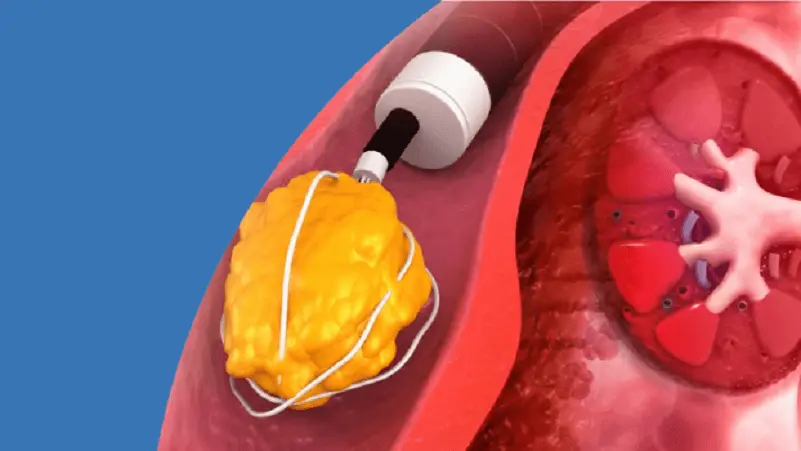Transurethral Incision of The Prostate
Overview
Transurethral incision of the prostate (TUIP) is a procedure to treat urinary symptoms caused by an enlarged prostate. It's generally used for men with small- to moderated-sized prostates.
A combined visual and surgical instrument (resectoscope) is inserted through the tip of your penis into the tube that carries urine from your bladder (urethra). The prostate surrounds the urethra. The doctor cuts one or two small grooves in the area where the prostate and the bladder are connected (bladder neck) to open the urinary channel and allow urine to pass through more easily.
TUIP is one of several minimally invasive treatment options for an enlarged prostate, a condition known as benign prostatic hyperplasia (BPH). To determine the right treatment choice for you, your doctor will consider how severe your symptoms are, what other health problems you have, and the size and shape of your prostate.
Why it's done
TUIP helps reduce urinary symptoms caused by BPH, including:
- Frequent, urgent need to urinate
- Difficulty starting urination
- Slow (prolonged) urination
- Increased frequency of urination at night
- Stopping and starting again while urinating
- The feeling that you can't completely empty your bladder
- Urinary tract infections
TUIP might also be done to treat or prevent complications due to blocked urine flow, such as:
- Recurring urinary tract infections
- Kidney or bladder damage
- Inability to control urination or an inability to urinate at all
- Bladder stones
- Blood in your urine
TUIP can offer several advantages over other methods of treating BPH, such as transurethral resection of the prostate (TURP) and open prostatectomy. The advantages can include:
- Lower risk of bleeding. TUIP can be a good option for men who take medication to thin their blood or who have a bleeding disorder that doesn't allow their blood to clot normally.
- Minimal hospital stay. TUIP can be done on an outpatient basis although some men need to stay overnight for observation. TUIP might be a safer option than surgery if you have certain other health problems.
- Lower risk of dry orgasm. TUIP is less likely than some other BPH treatments to cause the release of semen during ejaculation into the bladder rather than out of the penis (retrograde ejaculation). This isn't harmful but can interfere with your ability to father a child.
Dr. Sachin Patil specializes in TUIP — a safe, minimally invasive procedure to relieve urinary symptoms caused by an enlarged prostate. Ideal for men with mild to moderate prostate enlargement, TUIP improves flow and reduces discomfort without full tissue removal.
